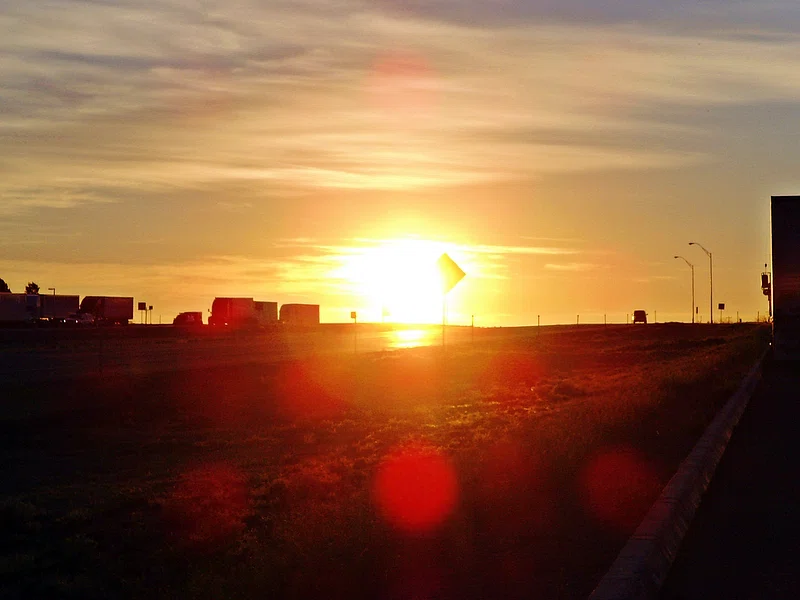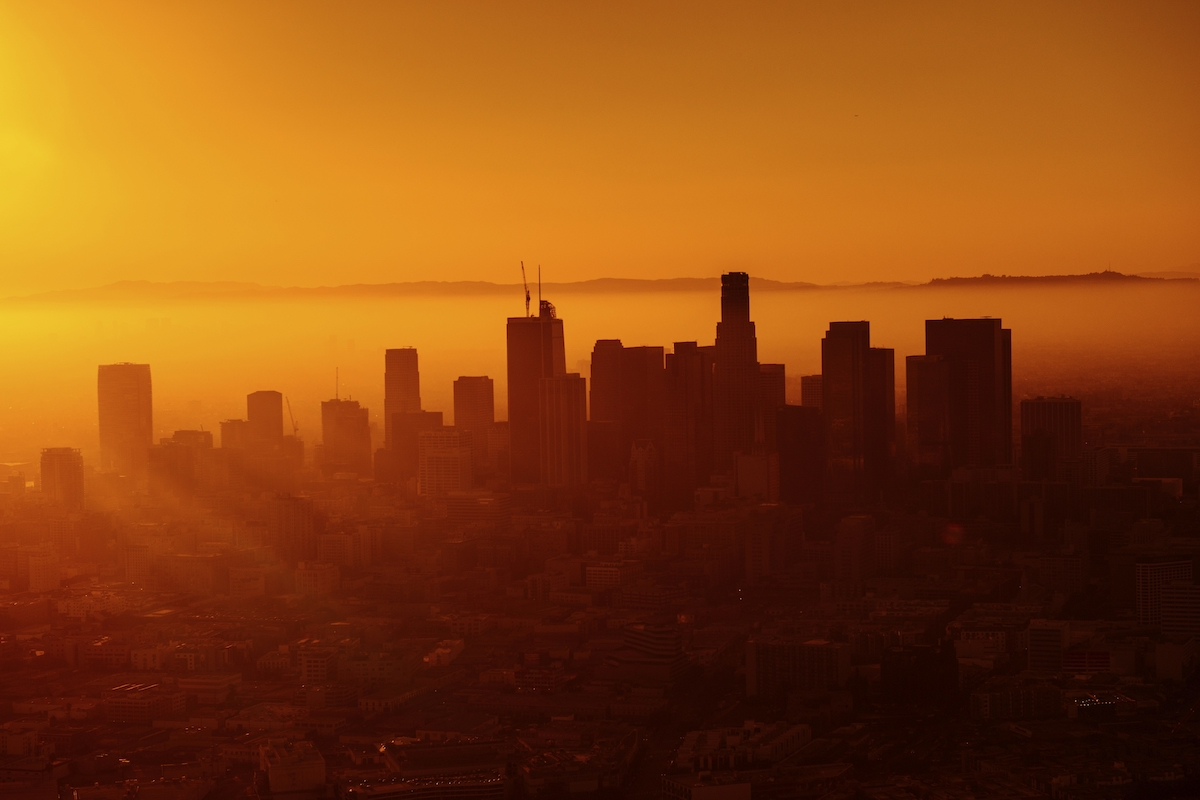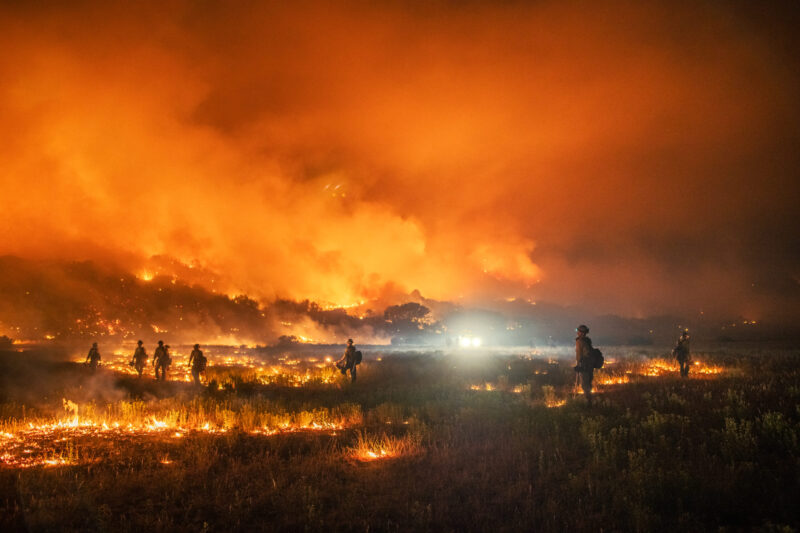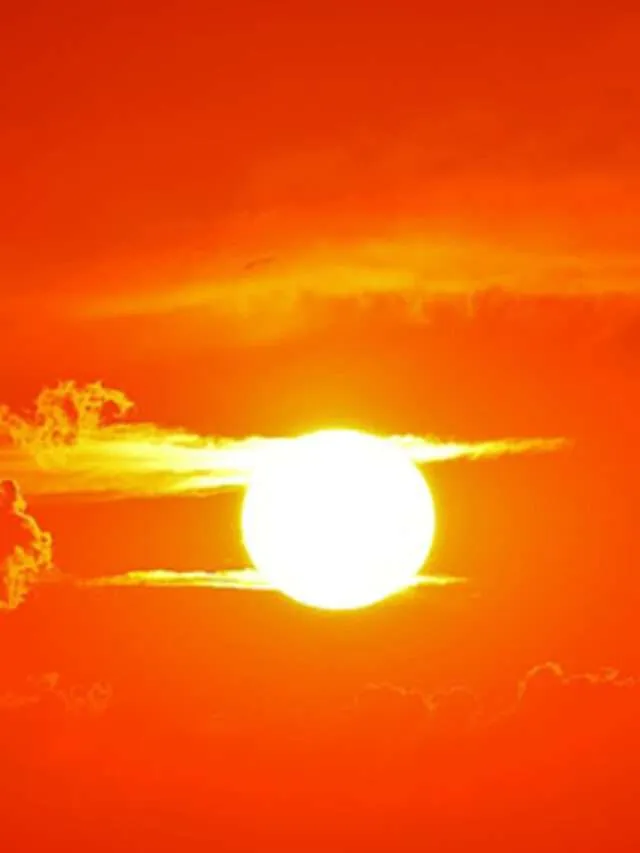Imagine stepping outside and feeling like you’ve walked straight into an oven set to “extra crispy.” Welcome to Germany this week.
When Berlin, Brandenburg, and Thuringia sound more like names of tropical beach resorts than cool, breezy German states, you know something’s off. The German Weather Service (DWD) has officially issued heatwave warnings across large parts of the country, predicting brutal highs of 33–36°C, with some regions spiking near 37°C by Friday.
And here’s the thing, it's not just “summer being summer.” It’s climate change turning up the heat.

Meet Lara
Lara, a 23 year old student from Potsdam, had the ultimate summer day planned with iced coffee in hand, cute linen outfit, strolling along the Havel River for the perfect Instagram shot. Instead? She’s holed up in her tiny apartment with blackout curtains, two fans, and an emergency popsicle stash because stepping outside feels like entering The Hunger Games: Heatwave Edition.
“It’s like the city decided to cosplay as the Sahara,” Lara says while fanning herself with a copy of her climate science textbook oh, the irony.
Her situation isn’t unique. Across Berlin, Brandenburg, and Thuringia, people are facing oppressive heat conditions. The reality is a whole different story which is that these heatwaves are a sign of the accelerating climate crisis.

Why This Heatwave Is a Climate Alarm
This isn’t just a random hot spell. Meteorologists say a massive heat dome over central Europe is cooking Germany like a schnitzel. Temperatures are forecast to reach 35–40°C in some areas, which is way above normal for August.
And the danger doesn’t stop at melting ice cream cones. Wildfire risks are skyrocketing and not just in forests. On July 1, a major fire broke out in Gohrischheide near the Saxony Brandenburg border, forcing over 100 evacuations. The very next day, Thuringia saw its biggest wildfire since 1993, with nearly 1,000 firefighters battling flames while villages went on disaster alert.
What’s causing this? Warmer global temperatures, driven by burning fossil fuels and greenhouse gas emissions, are making heatwaves more frequent, longer, and more intense.

What can you do now?
Heat like this is dangerous, not dramatic. Here’s what experts recommend:
- Hydrate like it’s your job seriously, water > energy drinks.
- Stay indoors during peak hours (think noon to 6 PM).
- Check on vulnerable neighbors because being a good human never goes out of style.
- Follow local updates from the DWD.
- If you live near a forest? Pack a “go bag” evacuations can happen fast.
The Bigger Picture
Germany isn’t new to summer heat, but these back to back extreme events are flashing red warning lights about our planet’s future. If global emissions aren’t cut fast, Europe could face triple the number of extreme heat days by 2050.
As for Lara? She canceled the riverside stroll, turned her fan on full blast. Stay cool, stay safe and remember, this isn’t just weather. It’s climate change in real time.




